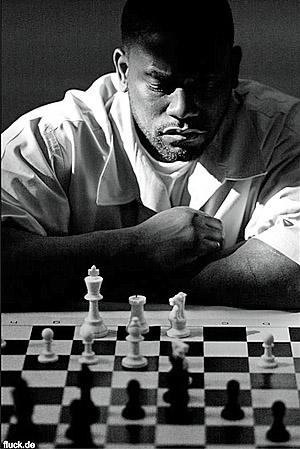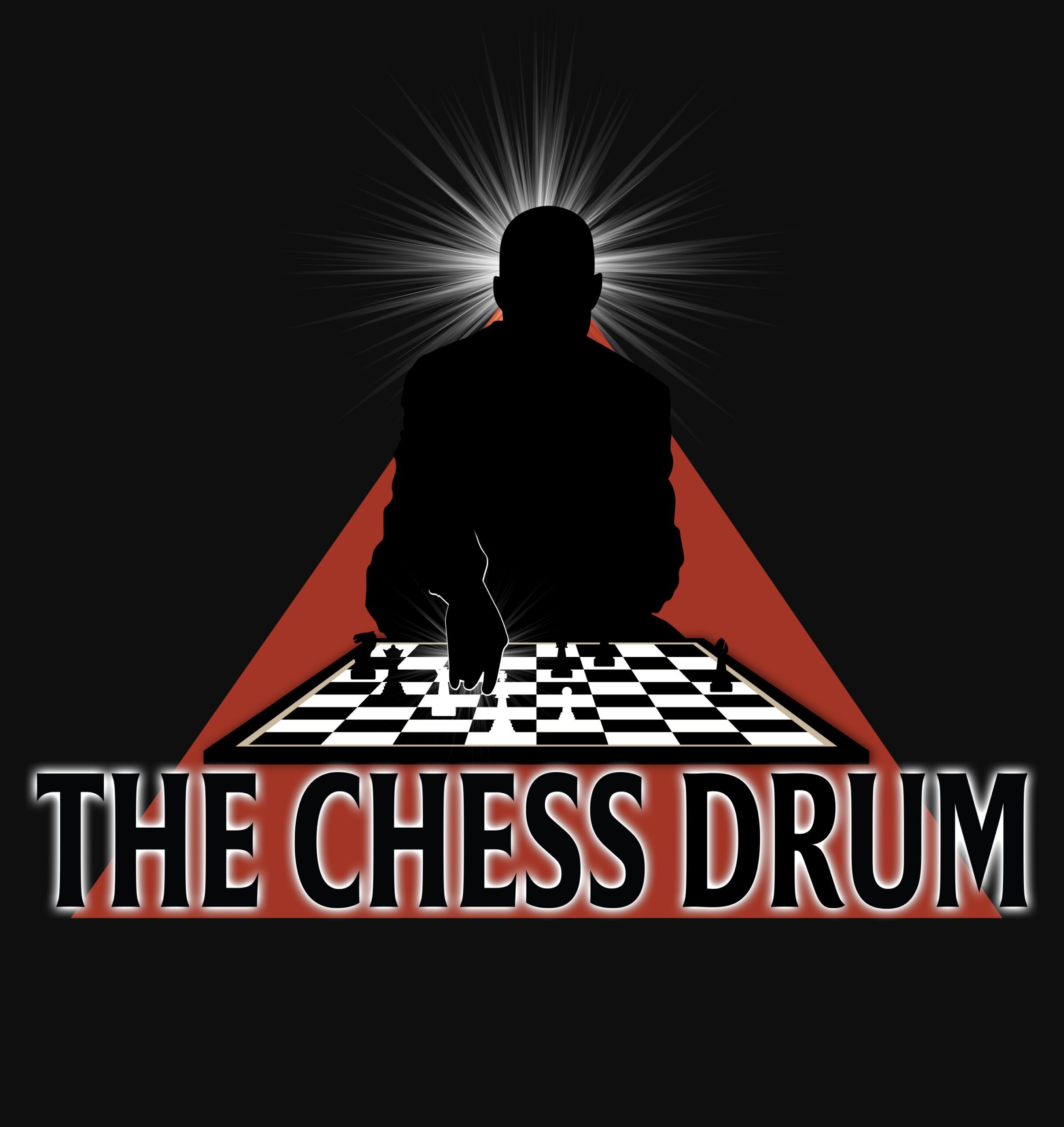Prison Chess: Solving Life’s Problems

EARL HAMMUD
Trenton New Jersey Maximum Security Prison.
Photo by Oliver Fluck.
Five years ago, I penned an essay titled, “Prison Chess: The Game Called Life.” Chess is a game that holds a lot of intrigue among prisoners. There are reports that have found that chess helps prisoner behavior and also reduces recidivism rates. However, it is very difficult for chess players to communicate with prisoners unless one has an organization of some sort.
I have communicated with prisoners over the years and have sent material, but prisoner requests typically widen to other matters such as books on law, philosophy, religion and requests for phone calls. There are many prison chess clubs, but many do not seem to have any newsletters or records of their activities. Princeton University has held an annual match with New Jersey State Prison (maximum security) since 2002. This year the resistance was unexpectedly stiff and Princeton had a tough time.
Following is a video from November about Princeton’s visit. From the video it appeared that four students played nine game each and lost 12 games. That’s a very poor percentage for a simul. That means either the Princeton players were not strong or some of the prisoners were a bit stronger. There certainly should be a more concerted effort to reach prison inmates around the world. That would help society in a number of ways. Chess is an introspective activity and to grant a prisoner a chance to see their “thoughts” may help them make better decisions.


I am interested in playing chess by mail with a prisoner. Is this possible, and if so how can I set this up?